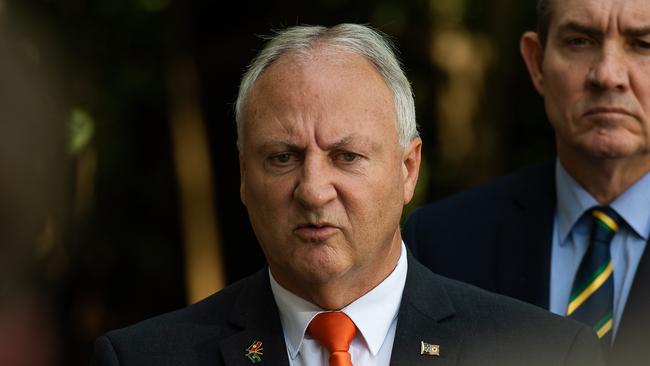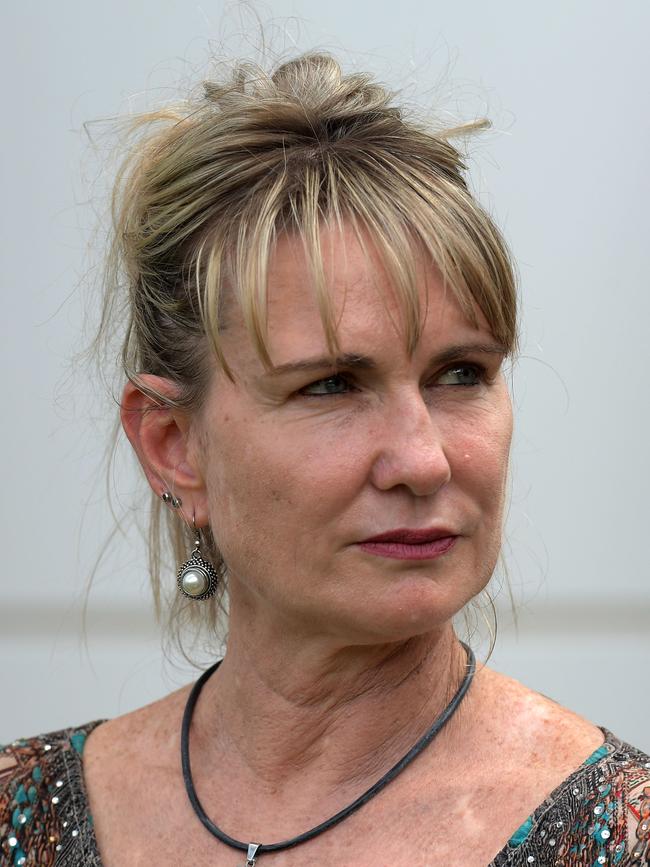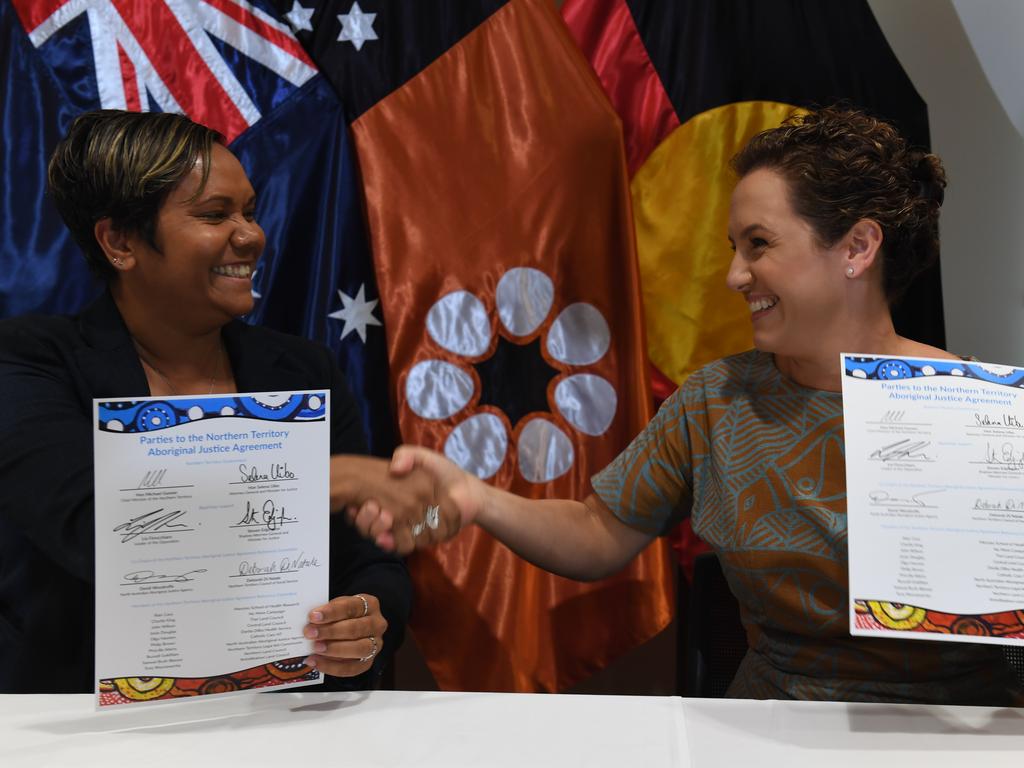Australian Federal Police ‘must intervene’ on NAAJA corruption claims, says NT opposition
The federal police have been urged to launch a formal investigation into serious claims of corruption within Australia’s largest Indigenous legal service.

The federal police have been urged to launch a formal investigation into serious claims of corruption within Australia’s largest Indigenous legal service, following explosive allegations that the most senior executives of the embattled association have repeatedly misused taxpayer funds.
The calls come amid an announcement that the Attorney-General’s department is monitoring the alleged misconduct “closely” and working with the Northern Territory government to take action if necessary.
Northern Territory shadow attorney-general Steven Edgington on Monday said the police should prioritise an investigation into the North Australian Aboriginal Justice Agency, after The Australian revealed allegations that CFO Madhur Evans had been secretly funnelling company funds to chairwoman Colleen Rosas.

“The allegations are very serious and constitute the possible commission of criminal offences,” Mr Edgington said.
“The federal police need to conduct a serious investigation into the allegations that have been made, and whether it has been severe mismanagement or an instance of corruption.”
The Australian understands the matter has been referred to the NT Independent Commission Against Corruption by employees who were concerned with what they perceived to be systemic misconduct plaguing the agency.
The allegations first arose in a statement of claim issued by former chief executive Priscilla Atkins who claims she was ousted from her role last year.
The agency claims Ms Atkins forged Ms Rosas’s digital signature to extend her contract, and improperly used company funds to buy vehicles and artworks – claims Ms Atkins denies.
Ms Atkins is suing the agency for unfair dismissal; the matter is presently in the Federal Court. NAAJA has denied allegations that Ms Evans and Ms Rosas engaged in deceptive conduct.
NAAJA is mainly funded by the federal government and will receive $83m over a five-year period. It conducts the lion’s share of Indigenous legal cases in the Northern Territory – where crime has increased by double digits in the past year – and employs 200 workers in Darwin, Palmerston, Katherine, Alice Springs and Tennant Creek.
Mr Edgington said because the Federal Court is unable to take on the criminal complaints, the matter should be interrogated by the police.
While typically the board would refer the matter, Mr Edgington said that could be unlikely considering the chairwoman is at the centre of the allegations. He called on Attorney-General Mark Dreyfus to take action.
“There’s a substantial amount of federal taxpayer money that is of interest here, and I would strongly encourage the federal Attorney-General to do something urgently,” Mr Edgington said.
Mr Edgington said NAAJA was a “critical” pillar in the territory’s justice system.
“It’s critical that NAAJA have a good, stable employment workforce because when it comes to both criminal and civil matters across the Northern Territory, NAAJA plays a key role,” he said.
A spokesperson from the Attorney-General’s department told The Australian, “the government is aware of the concerns that have been raised about governance and other issues at NAAJA.
“The government is monitoring the situation closely and is in close contact with the NT government and is taking all appropriate actions within our remit,” the spokesperson said.
“First and foremost, it is critical that delivery of frontline legal assistance services to First Nations people in the NT are not impacted.”
The spokesperson refused to comment on specifics.







